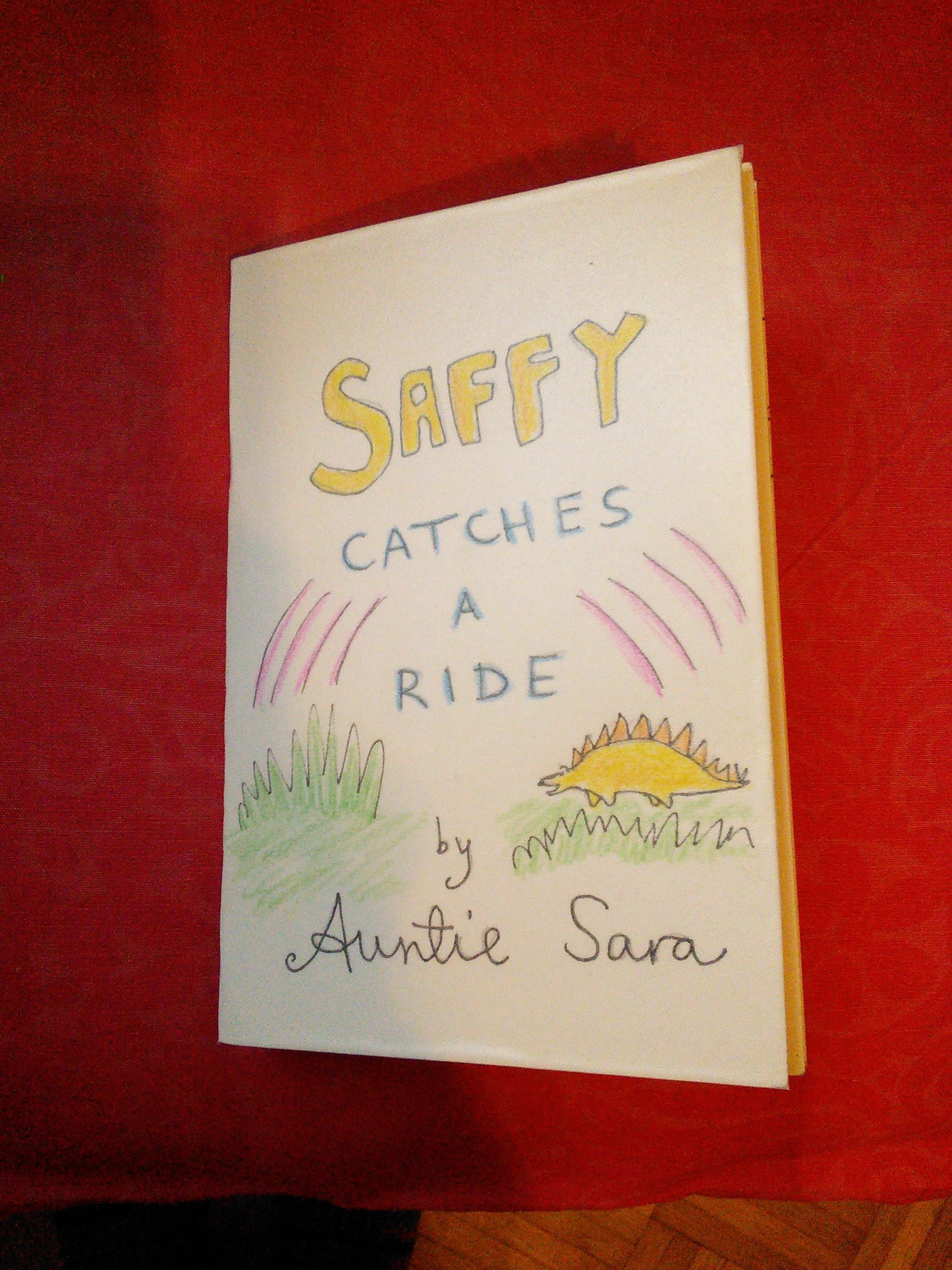So, it’s nearing the end of October, and we all know what that means: Nanowrimo is right around the corner!
This will be my sixth year of doing Nano – even though this year, I’m not going to do it the traditional way. But November would feel empty without a big writing project! Thus, I’ve figured out a way to do a Nano-ish thing in November despite my stupidly busy schedules.
My Nanowrimo history
So, I’ve done Nanowrimo every November since 2008. I loved it from the start – as I’ve mentioned before on this blog, Nano totally revolutionalised the way I write. I used to be a bit of an edit-as-you-go writer, but Nano 2008 taught me that the way I write best is if I just pound out a shitty zero draft first, and save the editing for later.
Little did I know that I’d still be editing that 2008 novel now in 2013…
This is what I’ve done each Nano (so far, I’ve succeeded at the 50K challenge every year):
2008: Urban fantasy inspired by Beauty and the Beast.
2009: Steampunk-meets-Ancient-Rome fantasy about trains and a woman finding herself.
2010: Urban fantasy set in Helsinki – written in Finnish! I wanted to prove to myself that I can do 50,000 words in a month even in Finnish, a language that relies on suffixes and complex conjugation rather than handy short words like prepositions. It was tough to meet the word count, but I did it.
2011: Continuation of 2008 Nano – all-new text, plot continued from 2008 because I really didn’t get very far plot-wise in 2008 despite having 50K words.
2012: Started out as a fantasy travel story starring a woman from a secondary-world religious community going out to find her true path; I ended up abandoning this story halfway through because it was too difficult emotionally, and made up the rest of the 50K with a lighter-hearted novella about a fiddler and a giant-killer’s daughter.
Why am I rebelling?
NOTE: If you’ve never done Nanowrimo before, I absolutely recommend doing it the way it’s meant to be done – plan beforehand if you like, but don’t start writing till Nov 1st. It’s so much fun to get excited for your story, and then start writing in a frenzy!
Strictly speaking, I was a Nano rebel already in 2011, because I was continuing a previously started story. But that didn’t truly feel like rebellion, because all the scenes I was writing were new, and I did the full 50K words.
But now I’m going the actual rebellion route. Reasons: the aforementioned busyness. I’m all too good at trying to do too much stuff at once (I haven’t fallen over in exhaustion yet…!), so this year, with all my duties and planning the future etc., I don’t think I have the energy to plan and write a whole new 50K-long story.
However: what I do want is to get a proper second draft out of my 2008/2011 Nano novel. I blogged about rewriting this novel last year in August-October, when I was unemployed. That was great – I managed to get a messy zero draft into a readable first draft.
Now, my challenge will be to start off a second draft of this thing. I’m using the impetus and excitement of Nanowrimo as leverage to make myself start editing. I like the group support of Nanowrimo, and I need to have a creative project in November! So, editing it is.
My plan
This is pretty much me thinking out loud, but here are some things I’d like to get into shape during November (we’ll see how it goes):
- Plot – I want to iron out any inconsistencies and make sure the whole thing makes sense
- Characterisation – do my characters behave consistently? Do I have enough character development?
- Narration – are my two narrators distinctive enough?
- Scenes – do the individual scenes work? Are they dynamic enough? Where to add a scene, where to cut or combine?
- Language – does the prose flow well? Does the dialogue sound natural?
I’ve never got this far in the novel-revising process before, so this is scary and exciting. I expect I’ll post more Nanowrimo-related stuff as November approaches and during the month itself, so keep an eye out for my ramblings.


